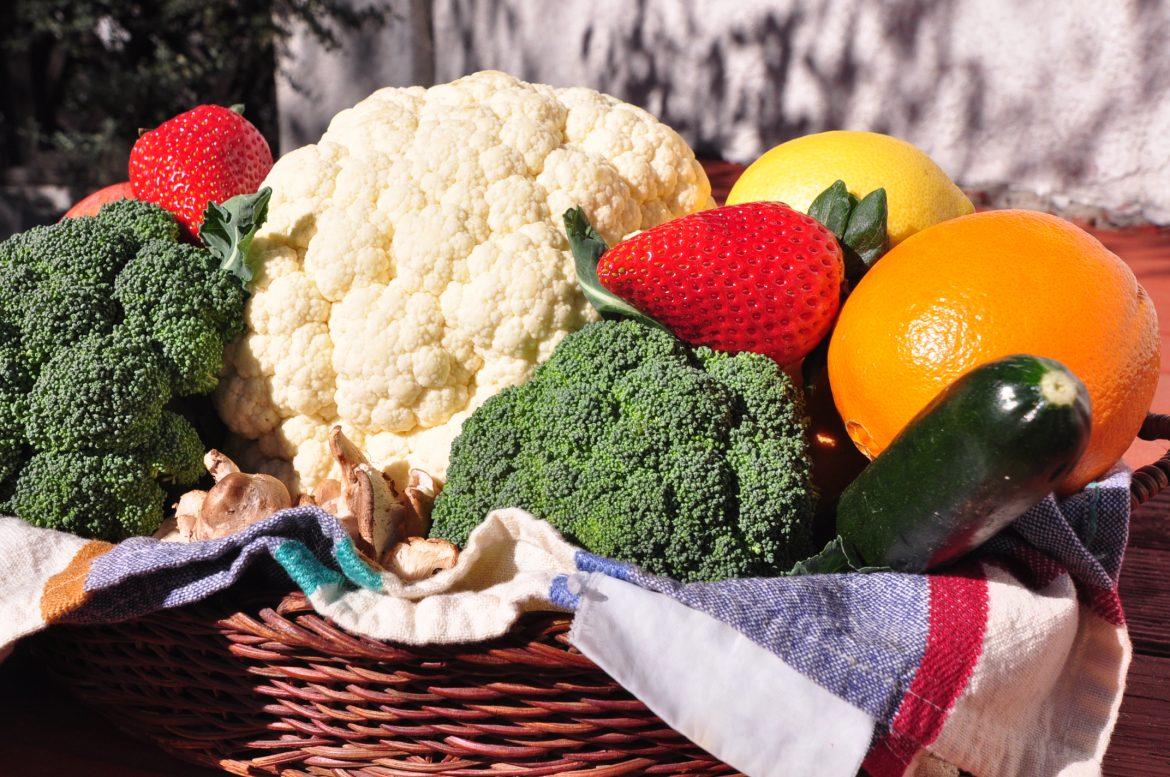During the 1990’s, dietary cholesterol became associated with the increasing prevalence of cardiovascular disease, which today remains the number one cause of death in the United States.
The egg contains 185 mg of cholesterol, more than half of the recommended daily allowance (RDA), and quickly became the face of the anti-cholesterol movement. Although recent studies have been unable to prove a link between egg intake and cardiovascular disease, the public perception has persisted.
One large hard boiled egg has 78 calories, six grams of complete protein, and 5 grams of fat. It provides approximately 10% of the RDA for vitamin D and B12. The Academy of Nutrition and Dietetics suggests consuming no more than 1 egg daily in order to stay below the 300 mg RDA for cholesterol, however, the egg white contains no cholesterol and only 17 calories. Supplementing your whole egg with two egg whites allows you to make a decent-sized omelet while still benefiting from the nutrients that can be found only in the yolk, a rich source of vitamins and minerals, as well as the beneficial phytochemicals lutein and zeaxanthin.
Now that you know eggs play a role in a healthful and nutritious diet, how do you make sense of the choices at the grocery store? Below is a list of some of the more common terms you’ll see on a carton of eggs to help you sift through the growing landscape of egg jargon.
Brown eggs versus white eggs – Nutritionally? No difference. According to the American Egg Board, different chicken breeds lay different colored eggs. The hens who lay brown eggs, such as the Rhode Island Red, are larger birds that eat more food, and therefore brown eggs may be more expensive.
Cage-free or free-roaming – Hens are free to roam inside their living quarters. This does not mean quarters are roomy and standard beak cutting and forced molting still apply.
Certified USDA Organic – The label organic when it comes to eggs means the chicken feed is produced without fertilizers or pesticides, hens may not be caged and must have access to the outdoors, and antibiotics are prohibited. The label organic is not synonymous with humane.
Free-range – Hens have access to the outdoors, however, no amount of time or space is mandated.
Grade – Eggs are graded by the United States Department of Agriculture based on the quality and appearance of the shell and the egg interior. Grade A eggs have thicker whites and are good for frying. Grade AA egg whites are thinner and more appropriate for baking and omelets.
Pasture-raised or pastured – If humane treatment is your purchasing requirement, than pastured are the eggs you want to find. A pastured label indicates the hen is allowed to graze outdoors in its natural habitat and may eat bugs and insects that positively influence the nutritional makeup of the egg. Pastured eggs are typically more expensive.
Omega-3 enriched – One of the unique aspects of chicken eggs is that altering the chicken feed can increase the content of certain nutrients that are already found naturally in the egg. In developing countries, for instance, chicken feed may be supplemented with iodine and selenium to counter deficiencies. In this regard, the egg becomes a naturally modified organism. In terms of healthy omega-3 fatty acids. chicken feed may be supplemented with flaxseed in order to increase the omega-3 content of eggs.
Size – Eggs come in a variety of sizes from peewee to jumbo. The most common are medium, large, and extra large. Jumbo eggs have twice as much protein as the medium and are still only 90 calories.
Amanda Blake is a Peer Nutrition Counselor on campus. Peer nutrition counseling is a complimentary service available to students. To make a confidential appointment, contact the Klotz Student Health Center at (818) 677-3666.





